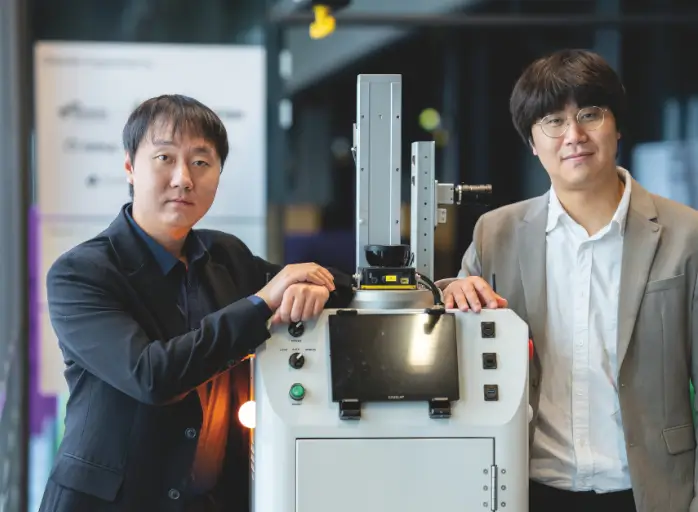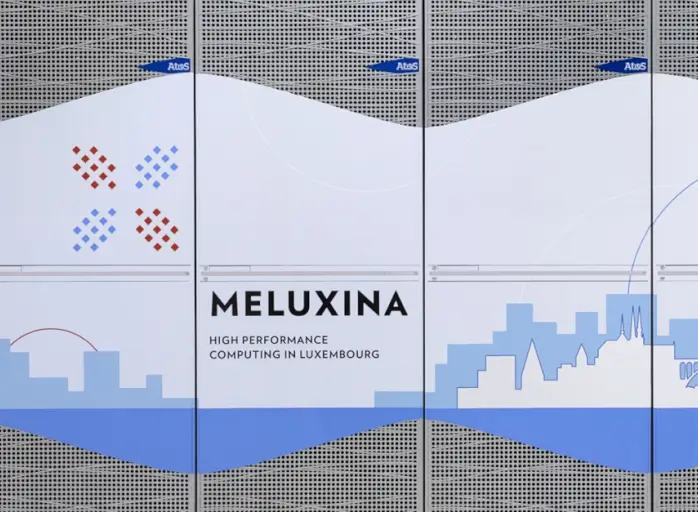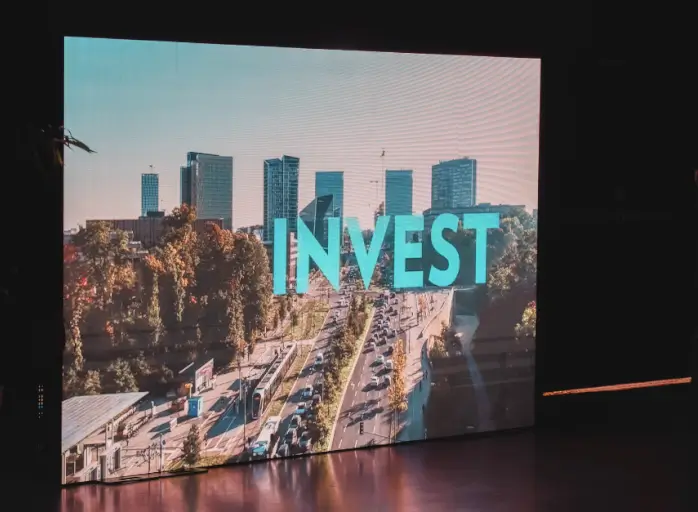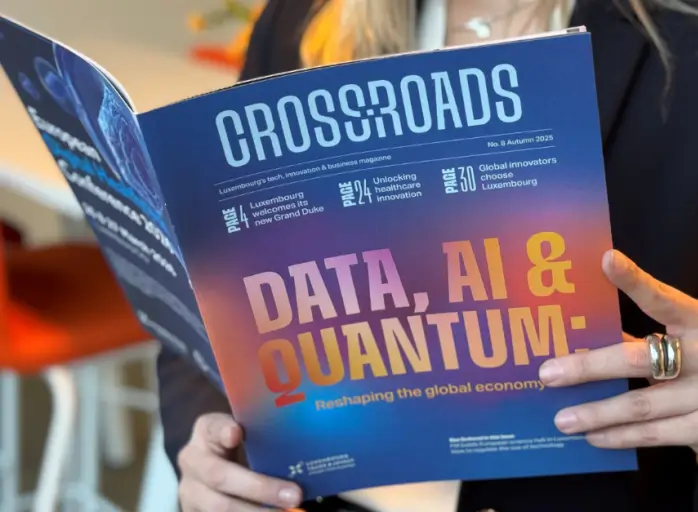

Powering scientific discovery by AI and quantum technologies
Artificial intelligence has already transformed the business landscape, but the next revolution lies in combining AI with quantum technologies.
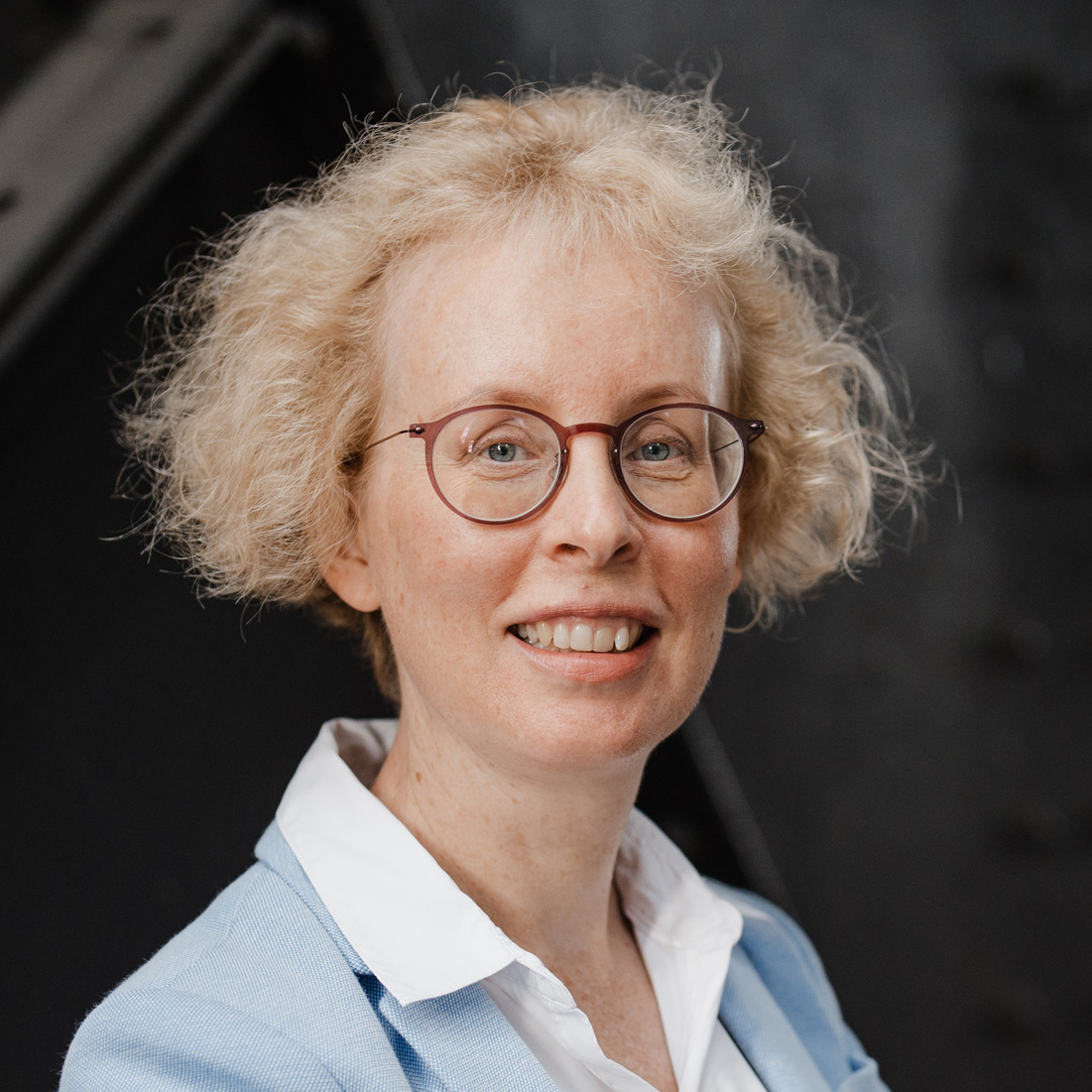 Lena Mårtensson
Lena Mårtensson
Quantum technologies promise to solve problems currently beyond the reach of classical computers. While quantum computers are still under development, Silicon Valley-based SandboxAQ is already leveraging quantum technology to stay at the forefront of innovation. We spoke with Fernando Dominguez Pinuaga, Vice President of Global Outreach at SandboxAQ, about how the impact of AI is magnified when combined with the laws of quantum physics.
How will quantum technologies take artificial intelligence to the next level?
Fernando Dominguez Pinuaga: The public release of generative AI models such as ChatGPT was a breakthrough moment for humanity – but these tools have their limitations. Their capacity for producing texts and images is impressive, but in fact, they perform purely statistical analyses of the data on which they have been pretrained. If you are looking for the key to curing Alzheimer's, they won’t be able to help you because the answer isn’t something you can simply find online.
Gen AI and Large Language Models (LLMs) have had an enormous influence on activities such as customer support and content creation; however, the real economic impact and expected transformation of areas like manufacturing, chemistry, finance and pharmaceuticals require a different kind of model designed for quantitative tasks.
To tackle such complex issues, AI must be capable of analysing physics, chemistry and biology – sometimes even at the atomic level. This requires the combination of AI and quantum equations.
Fernando Dominguez Pinuaga, SandboxAQ
To tackle such complex issues, AI must be capable of analysing physics, chemistry and biology – sometimes even at the atomic level – simulating lab work and modelling the world and its behaviour. This requires the combination of AI and quantum equations. At SandboxAQ, we work with large quantitative models (LQMs), which are trained on mathematics, biology and physics and provide the scientific accuracy and computational scale necessary to solve the most challenging problems.
When working with diseases such as Alzheimer's, we begin by using an LLM within the LQM to analyse all available information, including research papers, clinical trial results, data about genes and proteins, and drug compounds or experiments that have been tried so far. Next, we ask the LQM to synthesise the information, identify the most promising compounds – searching the broadest possible chemical space – and simulate their specific behaviours. The goal is to find novel drug compounds that have the best potential for success with the least amount of side effects.
Then we run those potential solutions through the LQMs again, combining them with knowledge graphs and AI techniques. Ultimately, we use chemical equations to analyse how the final candidates will behave in the real world. This approach allows us to identify successful candidates at a rate 40 to 50 times faster than traditional methods.
In what fields do you think that the combination of AI and quantum will have the most significant impact?
Drug development is definitely a critical area. Today, it can take 12-15 years and $2-4 billion to create a new drug, and the failure rate is around 90%. If we can reduce the process to five years and increase the success rate using LQMs, AI simulation and other technologies, we are talking about a real revolution. This approach is already delivering significant developments in Alzheimer’s, Parkinson’s and cancer drug research.
In addition to our work with the biopharma industry, I’m also very excited about what can be done in chemistry using similar technologies and techniques. We are currently involved in the development of new advanced materials, alloys, chemicals, battery chemistries and catalysts for use in aerospace, automotive, defence, energy, and other industries. We’ve even used LQMs to calculate the energy required to break down several PFAS molecules – so-called “forever chemicals”. Other areas where our expertise in AI and quantum intersect include advanced medical diagnostics, encryption management and cybersecurity (required to implement post-quantum cryptography) and magnetic navigation to combat the growing global challenge of GPS jamming and spoofing.
If we can reduce the process to five years and increase the success rate using LQMs, AI simulation and other technologies, we are talking about a real revolution.
Fernando Dominguez Pinuaga, SandboxAQ
Post-quantum cryptography is particularly interesting for Luxembourg. I think its innovative financial ecosystem may have the potential to become the first one in the world to be fully quantum resilient. LQMs can also be applied to financial modelling, risk mitigation, fraud detection and more.
Is there a common denominator between the organisations that are adopting these technologies?
Our partners span multiple sectors, from the Institute for Neurodegenerative Diseases in California to the US Department of Defence, Airbus and more. The common denominator is that they are tech savvy, forward-looking and excel in their respective fields. To solve the business, scientific or societal issues they have been working on for decades, they need to harness the latest technologies. That’s why they turn to us. Their domain expertise combined with our advanced digital tools creates the perfect team.
The leading companies of the future will be those that can integrate innovative tools into their processes, teach their employees to use them, and adapt to new ways of working.
Fernando Dominguez Pinuaga, SandboxAQ
I appreciate their growth mentality and an approach that says: “The day I stop learning or adopting new technologies, I’m dead.” The world is moving very fast. Today’s big topics are AI and quantum technologies, while tomorrow’s will be something else. Being open-minded and willing to adopt new tools is vital. The leading companies of the future will be those that can integrate innovative tools into their processes, teach their employees to use them, and adapt to new ways of working.
What is the key for companies such as SandboxAQ to remain at the cutting edge of AI and quantum?
Our AI-native talent is paramount. In the past, you either studied biology or IT, so you operated in two separate worlds, and this is still how most companies work. However, at SandboxAQ we look for a new generation of multi-disciplinary individuals who have studied both computational biology, chemistry or physics and AI or quantum at top universities. By combining the right tools, they can solve problems in days or weeks that would traditionally take months or years or even decades.
Photo credits: Nexus Luxembourg/Pancake! Photographie


